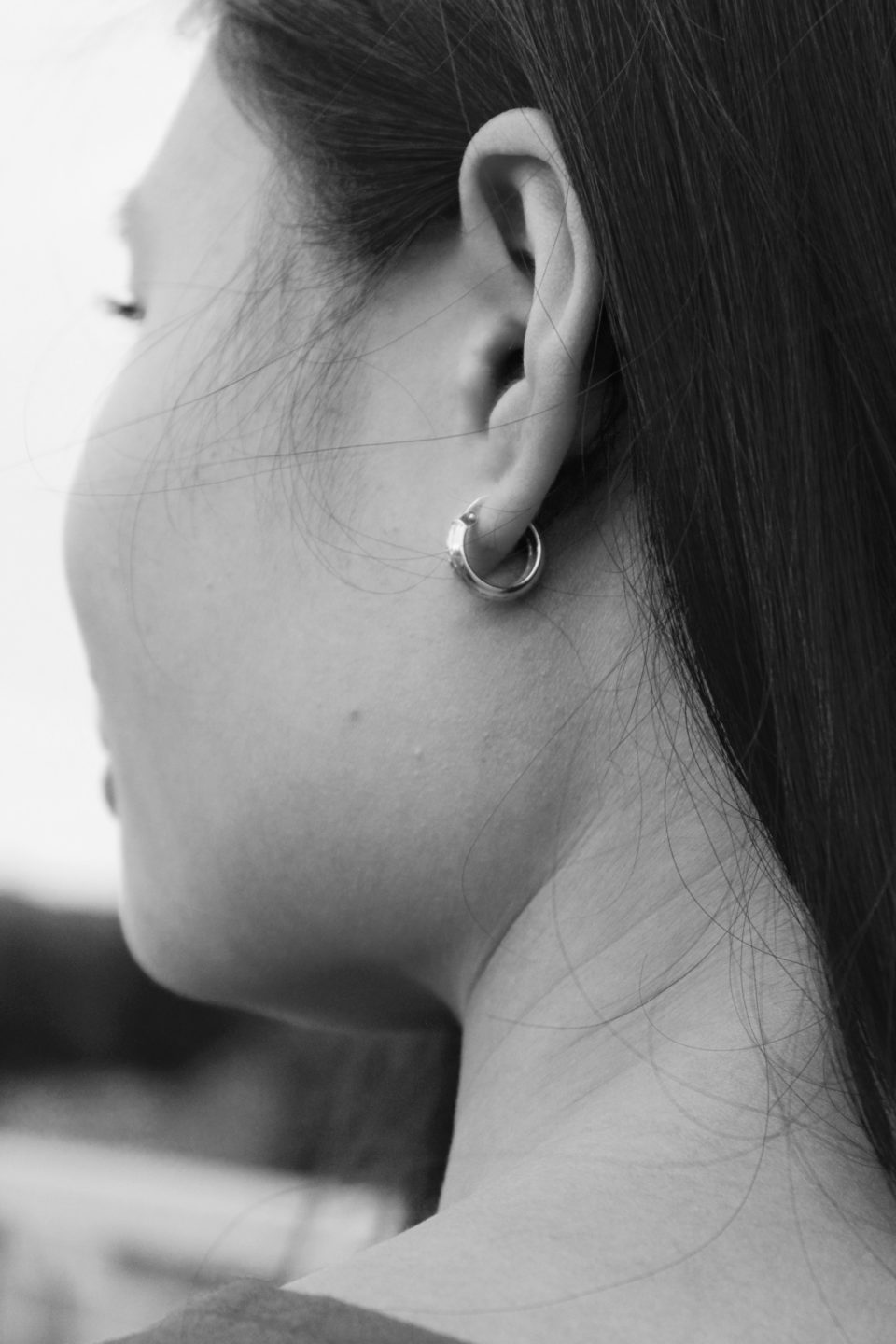It is not uncommon to suffer from tinnitus following a car accident caused by the trauma of the car crash, the physical impact, noise trauma and/or a brain injury.
The Hearing Foundation of Canada reports that more than 360,000 Canadians experience tinnitus and almost 50% of those suffering report that the symptoms affect their quality of life.
TINNITUS: SIGNS AND SYMPTOMS
Tinnitus is ordinarily the result of an abnormality in the middle or inner ear and occurs when you perceive ringing or other noises in one or both of your ears. The noise that one hears is not caused by an external sound and cannot be heard by others. The word tinnitus is derived from the Latin word tinnire, meaning “to ring” or “a ringing”.
The symptoms of tinnitus are often described as a ringing in the ears, but can also include buzzing, roaring, clicking, whistling, hissing and humming. The noises may vary in pitch from a low roar to a high squeal. Depending upon the type of noise and its volume, the sound can interfere with one’s ability to concentrate or hear other external sounds. Some experience tinnitus all the time and others describe the noise as coming and going.
Tinnitus affects all individuals differently and can significantly affect one’s quality of life. Those that suffer from tinnitus may also experience fatigue, stress, sleep problems, trouble concentrating, memory problems, depression, anxiety, irritability, headaches and problems with work and family life.
Unfortunately, there is no diagnostic testing available to confirm a diagnosis of tinnitus, therefore health care professional will base their diagnosis on the symptoms described by the patient.
CAN A CAR ACCIDENT CAUSE TINNITUS?
Car accidents can cause hearing issues for those involved. Whiplash, the deployment of an airbag and head trauma can all cause tinnitus.
When airbags deploy they make a loud pop, which can damage one’s ears. Passengers seated in a vehicle when an airbag deploys may also be susceptible to ear trauma. This “acoustic trauma” can cause the tiny ear bones to fracture or cause an eardrum to rupture. Tinnitus can be a symptom of this condition.
Blows to the head as a result of a car accident may also result in traumatic brain injury and can affect the hearing centre of the brain. Tinnitus can be a symptom of this condition as well.
RELIEVING TINNITUS
For many tinnitus itself may be considered an inconvenience, however for some individuals who suffer from tinnitus it can become chronic and interfere with concentration, memory, sleep and affect an individual’s overall quality of life.
At this time, there is no cure for tinnitus. However, there are some treatment options available to help cope with the symptoms of tinnitus and minimize the impact it has on everyday life.
Tinnitus Retraining Therapy: This is a program usually administered by an audiologist or at a tinnitus treatment centre that combines sound masking and counseling.
Cognitive Behavioural Therapy: A mental health professional can help individuals employ coping techniques to make tinnitus symptoms less troublesome. Counseling can also help with other issues linked to tinnitus, including anxiety and depression.
Masking: This therapy uses sound-masking devices to provide sounds loud enough to drown out the ringing and create a distraction.
Distraction: This technique produces a sound to distract from the ringing in the ears.
Habituation: This type of sound therapy works with the individual’s brain to reclassify the ringing to be recognized as a sound to be ignored.
Neuromodulation: This therapy uses specialized sound to target the brain’s nervous system to assist in reducing the ringing caused by tinnitus.
Mindfulness: As tinnitus can make individuals feel irritable, frustrated and unable to concentrate, accompanying anxiety can make the noise even worse. Mindfulness training provides tools for individuals to replace feelings of stress with feelings of relaxation.
Hearing Aids: Some individuals may suffer from tinnitus if they are also suffering from hearing loss involving damage to the tiny hairs in the cochlea. Damage to these tiny hairs make it difficult to hear certain frequencies and the brain cannot find the frequency thus producing a ringing in the ears. Some have found that hearing aids improve their symptoms and in severe cases some have benefitted from a cochlear implant.
CAN I BE COMPENSATED?
If you have been involved in a motor vehicle accident and are experiencing tinnitus it is important that you seek medical attention as soon as possible. Tinnitus can affect your everyday life, including the ability to concentrate, work and sleep. If you are suffering from tinnitus as the result of a car accident, it is a good idea to speak with an experienced personal injury lawyer to learn about your options.
The expenses associated with diagnosis and treatment for tinnitus, just like any other injury, should be reimbursed. Physician’s notes are very important in proving how the motor vehicle accident has impacted your life. Therefore, it is important to describe every symptom and discomfort you are feeling to your physician following a motor vehicle accident, including ringing or other sounds in your ears and whether you are having difficulty hearing, concentrating or sleeping. Every symptom should be disclosed as soon as possible to your physician because it may become a permanent and disruptive symptom affecting the individual’s life.
If you or a loved one are recovering from serious personal injuries caused by a motor vehicle accident that was not your fault, it is important to speak with an experienced personal injury lawyer. You are entitled to fair compensation to help you recover from your injuries. Please contact the award winning lawyers at Cuming & Gillespie LLP to discuss your case today. For a free case evaluation, please contact our office online or at 403-571-0555 to make an appointment. We look forward to helping you obtain the compensation that you deserve.

